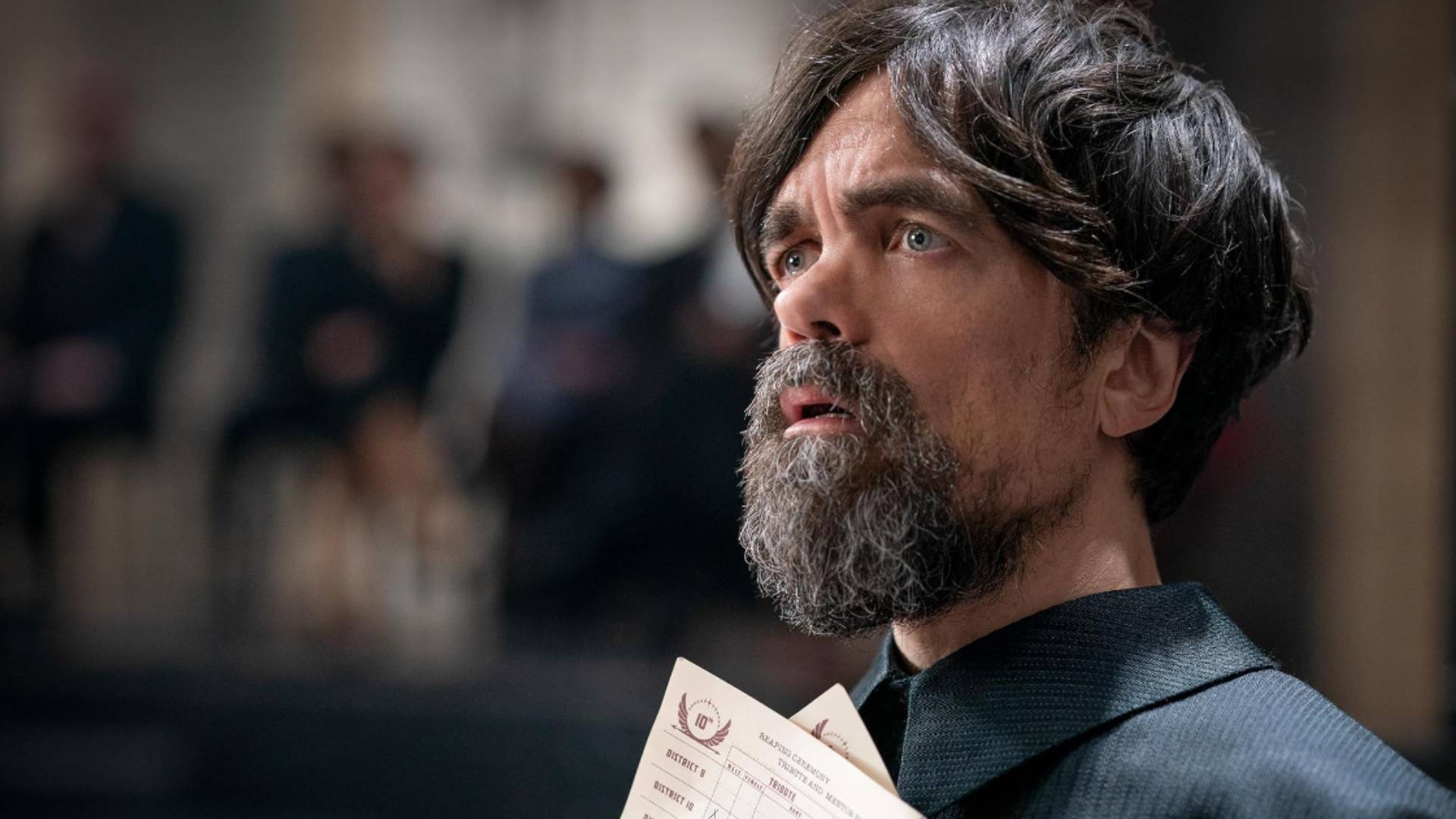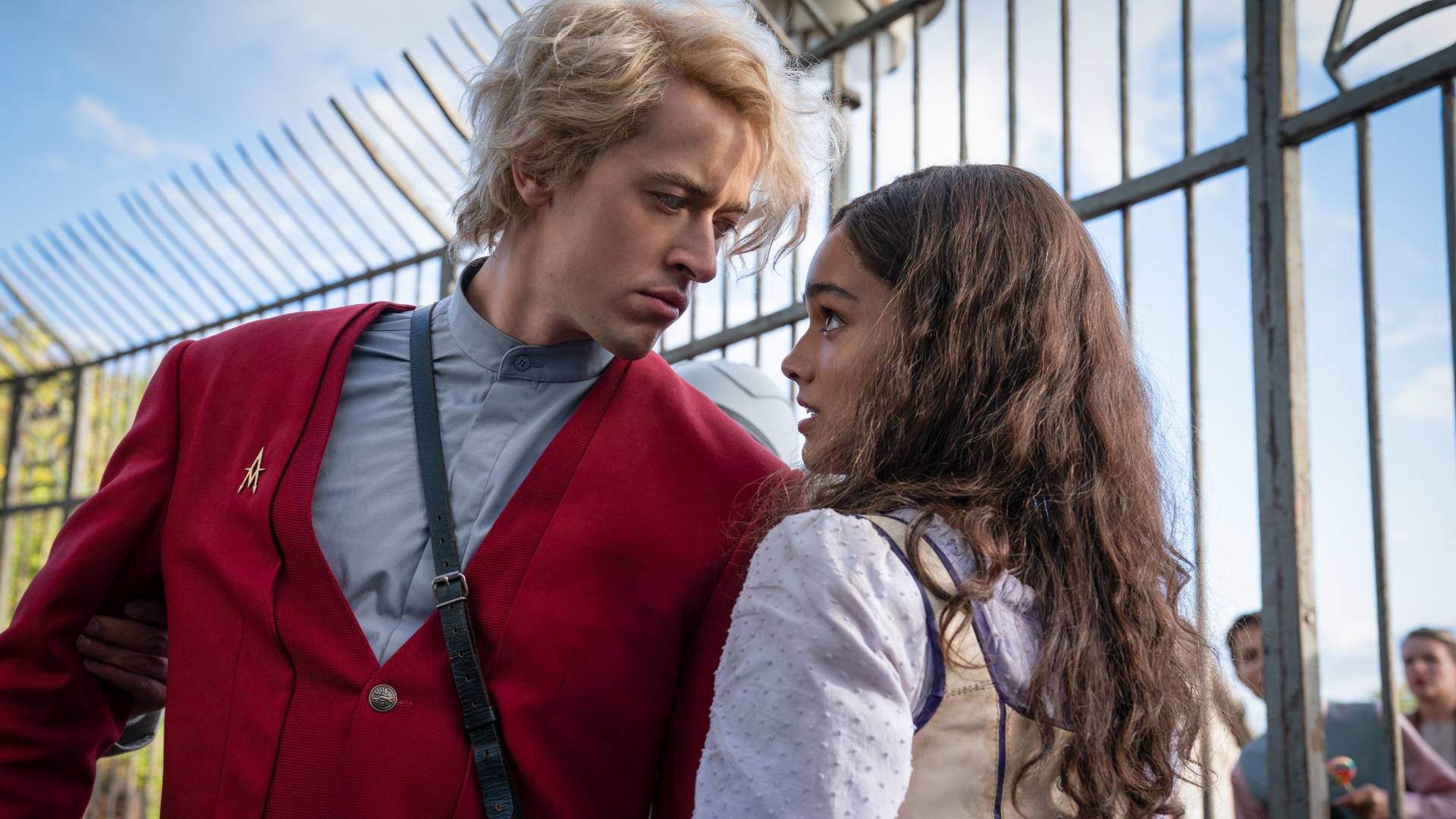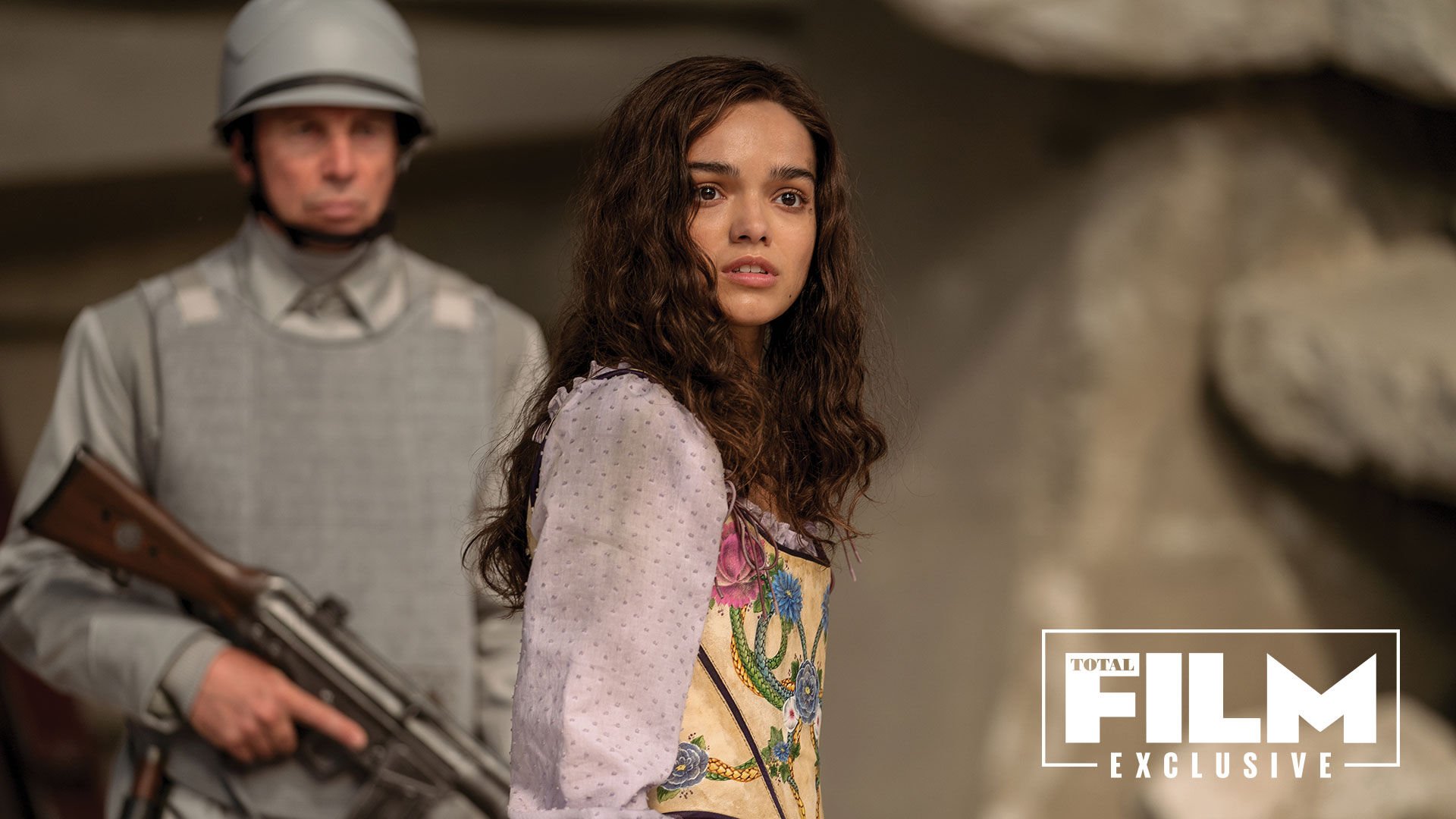
"Let the games begin!" screamed the headlines when The Hunger Games arrived in 2012, kickstarting a filmic quadrilogy based on Suzanne Collins’ trilogy of bestselling YA books. But prequel movie The Hunger Games: The Ballad of Songbirds & Snakes gives us the real start, showing how Panem’s Capitol rises from the ashes of war to become a shiny, soaring powerbase, and how the Games progress from rudimentary violence to mass entertainment.
Set 64 years before The Hunger Games, we meet an 18-year-old Coriolanus Snow (Tom Blyth) as he’s assigned to mentor Lucy Gray Baird (Rachel Zegler) for the 10th annual Hunger Games. The future tyrannical president is initially alarmed, given that Lucy is a tribute from impoverished District 12. But when she defiantly sings during the reaping ceremony, he spies an opportunity to turn the odds in their favor – her by surviving the deadly combat, and him by growing the Games from their grubby gladiatorial roots into a show-stopping event full of theatre and spectacle.
A different Snow

"We start in a very different place with Snow," says Francis Lawrence, who returns as director after helming the second, third, and fourth installments of the series. "We see a young man who’s struggling, and who’s part of a family that’s lost their fortune. He’s putting on an act that he still has money, still has status. He also starts in a much more positive place than you would imagine. It’s part of what’s fun about the story, that you see him break bad."
As for Lucy, she’s a different proposition to Jennifer Lawrence’s Katniss Everdeen. "Katniss is stoic, and very capable in terms of hunting and archery," points out Lawrence. "Lucy’s an entertainer. She can sing, she’s a performer. She has a different kind of charisma. She has a sexuality. She knows how to manipulate. She knows how to flirt."
He offers a wry smile. "The [romantic] relationship between Snow and Lucy Gray is a big part of the film, but there’s a mystery to it all. They both need certain things from each other…"
Producer Nina Jacobson worked on all four of the previous Hunger Games movies. Back for this prequel based on Collins’ same-titled book, she feels that the central relationship will enrapture viewers, and that Lucy might just become as iconic as Katniss.
"She’s a very charismatic, brave, defiant character. She believes in love, and is also able to shapeshift, which I think she has in common with Snow, and is really how they connect. But her defiance, and the way it’s expressed through her music, is pretty irresistible."
Brutal beginnings

Taking place 10 years after the war, the film is grittier than its predecessors, with a retro-futuristic vibe, given it’s a period piece set in a dystopian future. German production designer Uli Hanisch (Babylon Berlin, The Queen’s Gambit) desired a certain reality, and so counted back 64 years from now to look at the 50s and 60s for inspiration, studying how cities like Berlin looked 15 years after World War Two.
"There’s a point of comparison," he says. "We started comparing all the 20th-century fascist regimes – like the Third Reich in Germany, and Italy with Mussolini, and Spain with Franco – and the Soviet Union. Every fascist regime has that idea of style, which is always between seduction and intimidation. If you look at Germany in the late 50s and 60s, nobody wanted to look back. Everybody was looking into the future. Every successful fascist regime is very good at creating this kind of 'we are the greatest, we are the first to go' – and you can only create this feeling of being superior if you have a clear enemy. I think that’s the way the Capitol works. So it’s very shiny and elegant. At the same time, it’s intimidating."
Hanisch had 2-300 people working for him over a 13-month period. For the film’s showpiece sets, the arena, they extensively redressed the gigantic Centennial Hall in Wrocław, Poland. "The Games started out as just a walled-in arena," explains Lawrence. "Much more rooted and grounded. Nowhere for people to hide."
Jacobson nods. "The Games are brutal and upsetting, and people don’t want to watch them. There are not any bells and whistles to distract people from the foundational horror of what these children are being forced into." Back to Lawrence: "And that starts to change in our film. You see it start to open up. That’s really exciting."
Also exciting is how Collins finds room for adult themes in her YA fiction. Her original Hunger Games trilogy explored the consequence of war. Songbirds & Snakes ogles human nature. "There’s the Hobbes-ian view of, 'Are we savage by nature?'" says Lawrence. "Or the Locke-ian view of, 'Are we all individuals deserving of rights and freedoms?'"
"It explores the allure of authoritarianism, and that could not be more timely," Jacobson chips in. "You’re seeing it around the world – the fragility of democracy, and why loads of people are drawn to alternatives. Democracy is on the wane, globally. And authoritarianism is on the rise. But [the film] is certainly not on a soapbox. It’s much more an exploration of our ability to find a common cause with each other, no matter how disparate our experiences and worldviews might be." Fascinating themes and fierce action? Let the games begin, indeed.
For more, check out what the first reactions to The Hunger Games prequel have to say, as well as what other upcoming movies are on the way.







